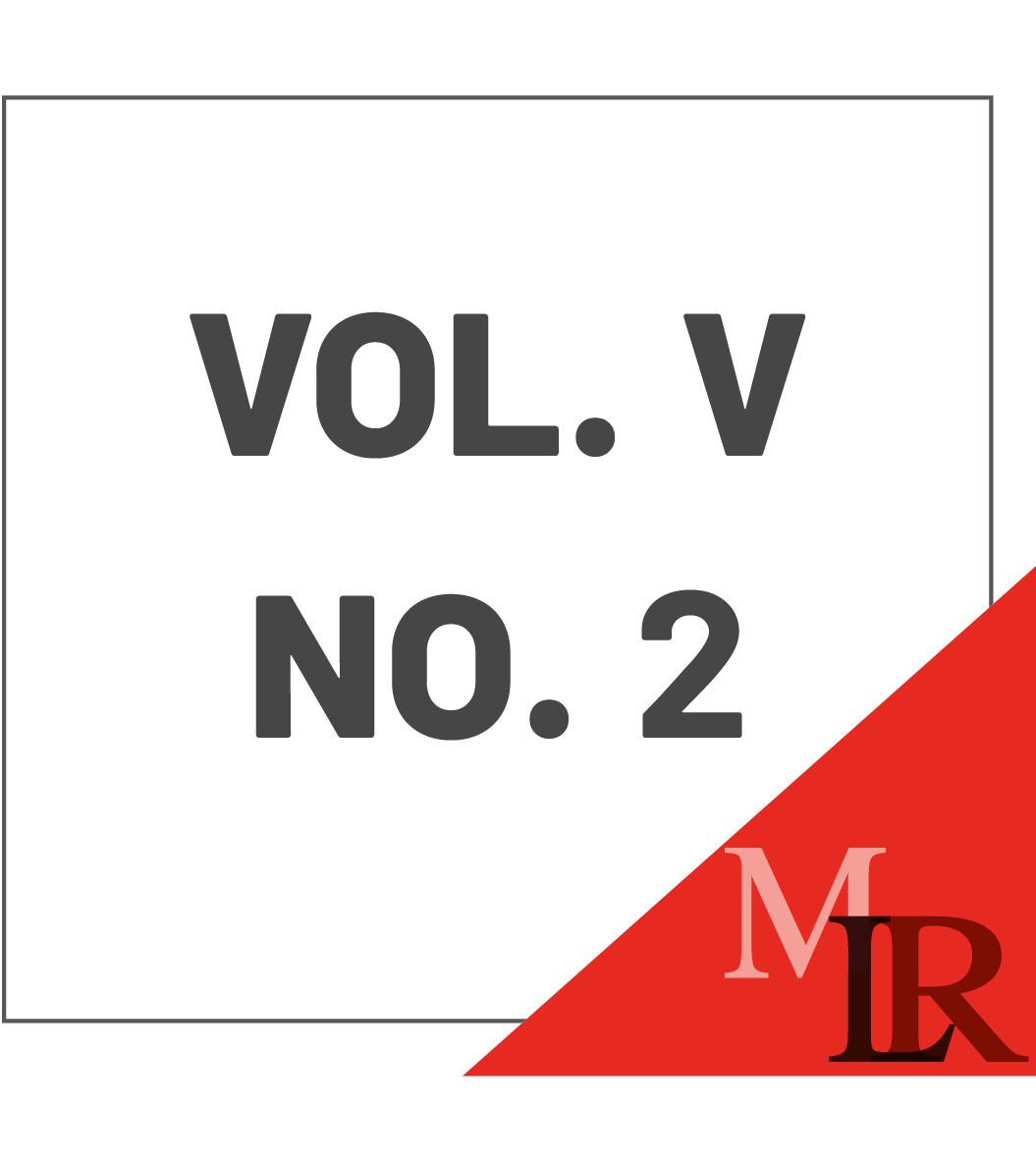Why Has The Transition to Democracy Led the Mexican Presidential System to Political Instability? A Proposal to Enhance Institutional Arrangements
Over the past two decades, Mexico has gone from an authoritarian regime to an electoral democracy. Although this change is undoubtedly positive, the institutional engineering in place and the balance of power among institutions has led to increased political instability and a latent risk of political paralysis. There is substantial literature asserting that these problems may be connected to the core characteristics of presidential systems; however, I demonstrate that in the Mexican case, it is also due to the electoral rules derived from the reforms of the 1990s and the subsequent electoral results. To substantiate this claim, I present the historical conformation of the presidential, political and electoral systems, as well as the balance of power derived from later system structures and the problems that can trigger instability. Finally, in response to the vast amount of literature that asserts that presidential systems generally shift to a parliamentary or semi-presidential system to perform better, I present an original formula based on relatively simple and feasible political reforms that can enhance the Mexican presidential system and prevent political paralysis.




























